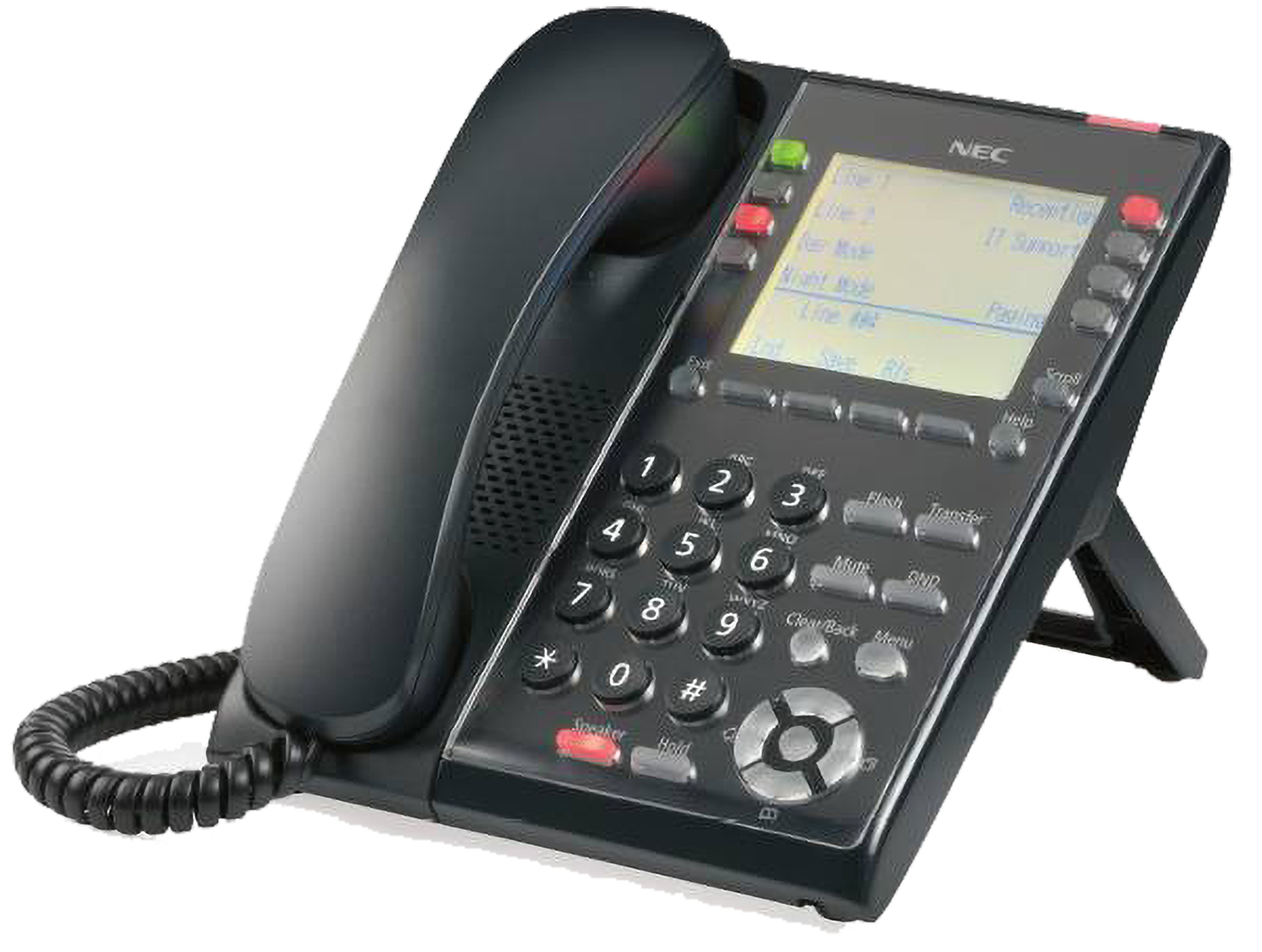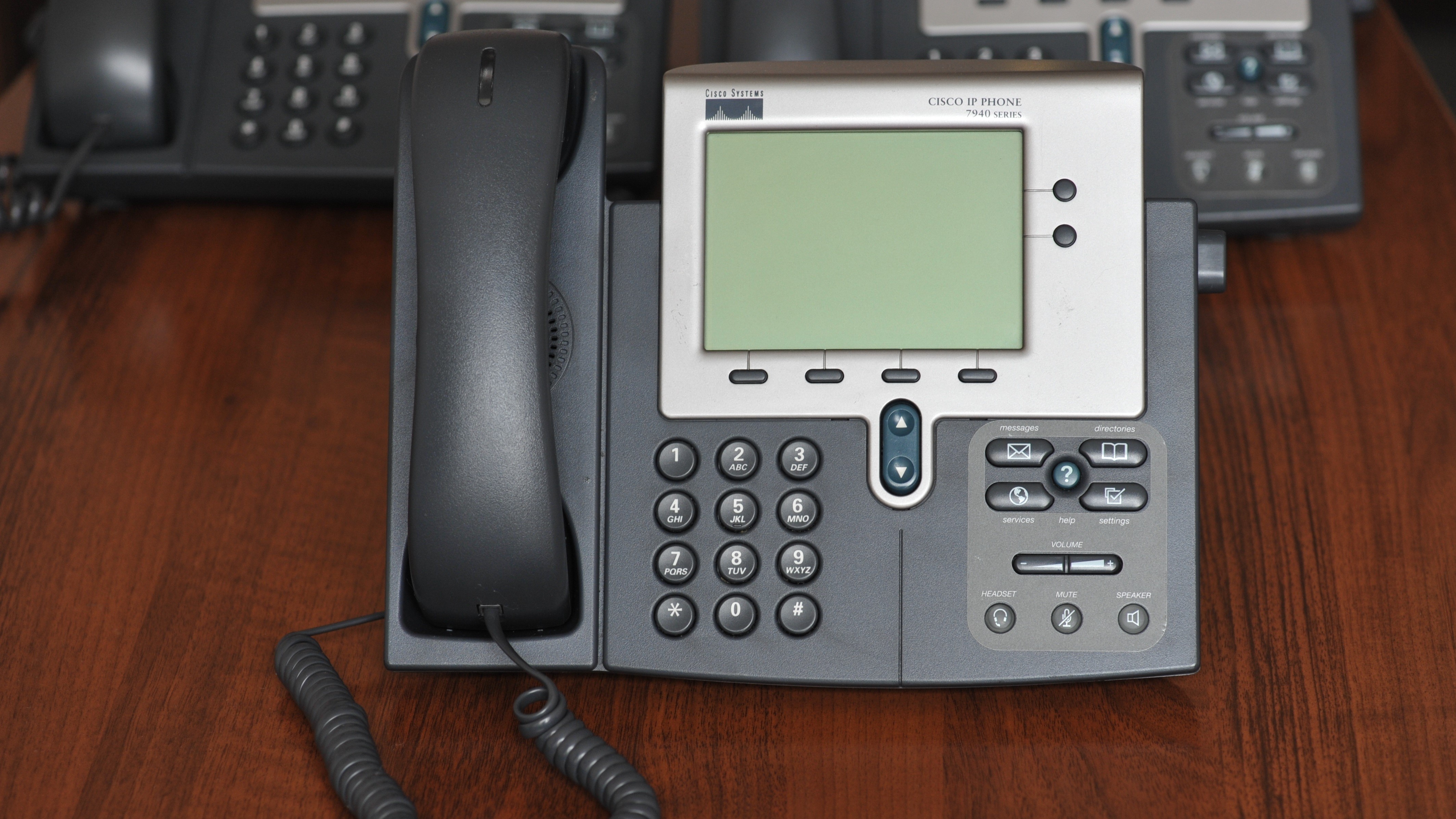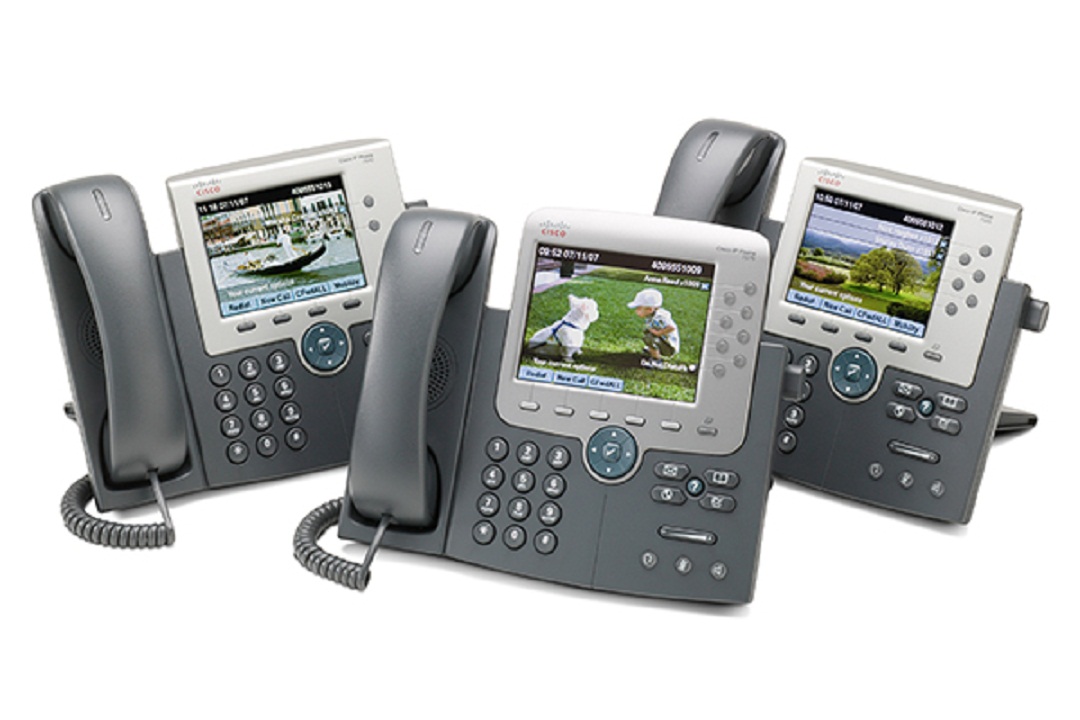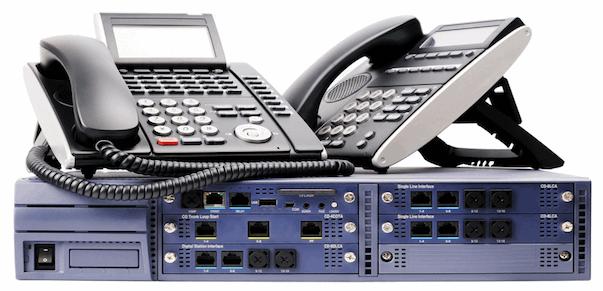Ip Phone System For Small Business

The aroma of freshly brewed coffee mingled with the tap-tap-tapping of keyboards, a symphony familiar to any small business owner. Sarah, owner of "Bloom & Grow," a local flower shop, sighed, holding the phone receiver precariously between her ear and shoulder while arranging a bouquet. Another missed call, another potential order lost to the ether. She knew, deep down, that their antiquated phone system was holding them back, a relic in a world of instant communication. There had to be a better way.
The transition to an IP phone system is increasingly becoming the standard for small businesses, offering a cost-effective and feature-rich alternative to traditional landlines. By leveraging the internet to transmit voice data, these systems offer increased flexibility, scalability, and a wealth of advanced features designed to streamline communication and boost productivity.
The Rise of VoIP: A Communication Revolution
Voice over Internet Protocol (VoIP), the technology behind IP phone systems, has been steadily gaining momentum for years. What started as a niche solution for tech enthusiasts has evolved into a mainstream technology, driven by advancements in internet infrastructure and a growing demand for more efficient communication tools.
Early adopters were often larger enterprises with the resources to invest in complex installations and dedicated IT support. But as the technology matured, vendors began offering more accessible and user-friendly solutions tailored specifically for the needs of small businesses like Sarah's flower shop.
Why IP Phone Systems are a Game-Changer for Small Businesses
The advantages of IP phone systems are numerous and compelling. One of the most significant is cost savings. By eliminating the need for traditional phone lines and expensive hardware, businesses can significantly reduce their monthly communication expenses.
Beyond cost, flexibility is a key benefit. IP phone systems allow employees to make and receive calls from anywhere with an internet connection, promoting remote work and ensuring business continuity. No longer tethered to a desk phone, Sarah's team could manage orders even when out delivering bouquets.
Scalability is another critical advantage. As a business grows, an IP phone system can easily be scaled up or down to accommodate changing needs. Adding new users or features is typically a simple process, eliminating the need for costly and time-consuming hardware upgrades.
"The flexibility of our IP phone system has been a lifesaver," says Mark Johnson, owner of a small accounting firm. "We can easily add new users as our team expands, and the ability to work remotely has been invaluable."
Features That Empower Small Businesses
IP phone systems offer a range of advanced features that can significantly enhance communication and productivity. Auto-attendant, for example, can automatically answer calls and direct them to the appropriate department or individual, freeing up staff time and ensuring that no call goes unanswered.
Voicemail-to-email allows employees to receive voicemail messages as email attachments, making it easier to manage and respond to important communications. Call recording can be used to monitor call quality, train employees, and ensure compliance with regulations. Integration with CRM (Customer Relationship Management) systems can further streamline workflows and provide valuable insights into customer interactions.
Unified Communications (UC) features integrate voice, video, and messaging into a single platform. This allows employees to communicate seamlessly across different channels, fostering collaboration and improving response times. For example, Bloom & Grow could use video conferencing to collaborate with suppliers on floral arrangements or use instant messaging to quickly answer customer inquiries.
Choosing the Right IP Phone System
Selecting the right IP phone system requires careful consideration of a business's specific needs and budget. Several factors to consider include the number of users, the required features, and the level of technical support required. It's a good idea to compare different providers and read customer reviews before making a decision.
Many providers offer cloud-based solutions, where the phone system is hosted and managed remotely. This eliminates the need for businesses to invest in expensive hardware and simplifies maintenance. On-premise solutions are also available, where the phone system is installed on the business's own servers.
According to a report by Market Research Future, the global VoIP market is expected to continue to grow significantly in the coming years, driven by the increasing adoption of cloud-based solutions and the growing demand for unified communications. As more and more small businesses realize the benefits of IP phone systems, the technology is likely to become even more ubiquitous.
Sarah, after researching her options, chose a cloud-based IP phone system for Bloom & Grow. The installation was surprisingly easy, and the new features quickly transformed their communication. No more missed calls, seamless remote work for her delivery team, and a professional image that resonated with her customers. The tap-tap-tapping of keyboards was still there, but now it was accompanied by the happy hum of a thriving business, connected and ready to blossom.


















